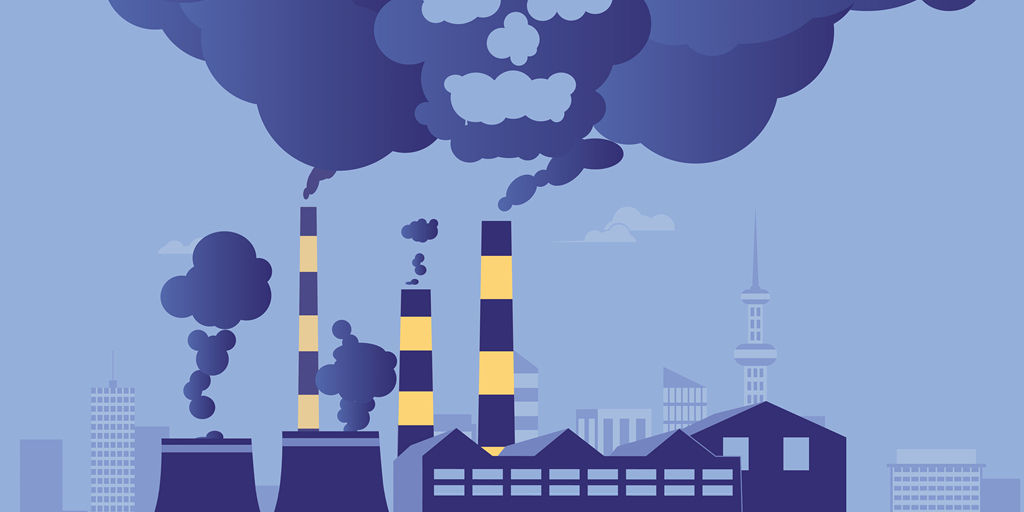How You Can Help Your Supplier Cut Emissions
Cutting emissions is an imperative global priority – but well may you ask, “what can I do about it?” Here’s 3 things to start with

When it comes to making a sustainability impact, there’s no doubt that procurement professionals want to overachieve if they can. But often, especially if you’ve done everything you can within your own organisation, the question is often: what next?
Fortunately, there’s a lot more you can do, especially when it comes to helping your suppliers cut their emissions.
Despite growing global awareness and (some) action taken on cutting CO2 emissions, perusing reports on current emissions rates is, by any measure, sobering reading. Right now, global energy-related CO2 emissions remained at an all-time high of 31.5 Gt, with an average annual concentration of 412.5 parts per million. In case these statistics don’t mean much to you, know this: we’ve now reached the world’s highest ever emissions level, and our emissions are now 50% higher than when the industrial revolution began.
As such, it’s fair to say that helping your suppliers cut their emissions is a noble and worthwhile cause.
Here’s three key ways you can help:
1. Direct your suppliers to resources that can assist
For small to medium sized suppliers, one of the biggest hurdles to cutting emissions can simply be accessing relevant, understandable, and easily-actionable advice on how to do so. To counter this, one of the best things that larger organisations can do is to direct businesses to tool and resources that can help.
One such tool is the SME Climate Hub.
The Hub gives businesses access to free, scientifically-backed resources to help measure, manage, and ultimately reduce, their emissions. In addition to information, the Hub also partners with 1.5°C Supply Chain Leaders, a large group of global organisations, including IKEA, Mastercard, BT and Unilever, among others, that are committed to reducing the climate impact of their supply chains.
Provisioning resources and information can be an important first step. For example, with the assistance of resources from the Hub, Swedish telecommunications company Ericsson called on 350 of its highest-emitting suppliers to set their own emissions targets, and to publicly report on their progress by 2030.
2. Make a point of emphasising you care about emissions … in contract form
There are so many things to consider when onboarding new suppliers, including just about every element of contract management. But one thing that is often overlooked in initial discussions is how climate emissions are managed.
This, however, needs to change.
If there’s one thing that is true of any supplier relationship, it’s that how it starts really matters. Based on this, it’s essential that large organisations emphasise from the beginning how much they care about emissions … and how you will monitor this as an ongoing concern.
One great way to do this is to put emissions targets into your supplier contract. For example, as of 2021, BT has included a clause in many of their commercial contracts that suppliers must commit to reducing carbon emissions over the term of their contract.
3. Be generous with incentives
Aside from accessing information, another one of the big hurdles for small to medium businesses when cutting emissions is a lack of funding to do so.
Overall, reducing emissions lends itself to both short-term cost savings, as well as long term business resilience. However, doing so in the first place often has upfront costs and requires time and innovation, two areas where sometimes small businesses do not have a lot to contribute.
In order to assist small businesses, there are myriad financial incentives you, as a large organisation, can provide to assist your suppliers with upfront costs. These include favourable payment terms, or even loans on favourable terms for items such as an investment in renewable energy.
As a procurement professional in a large organisation, there really is no limit to what you can do to reduce emissions. Your organisation will thank you, your suppliers will thank you, and ultimately, the planet will be a better place as a result.